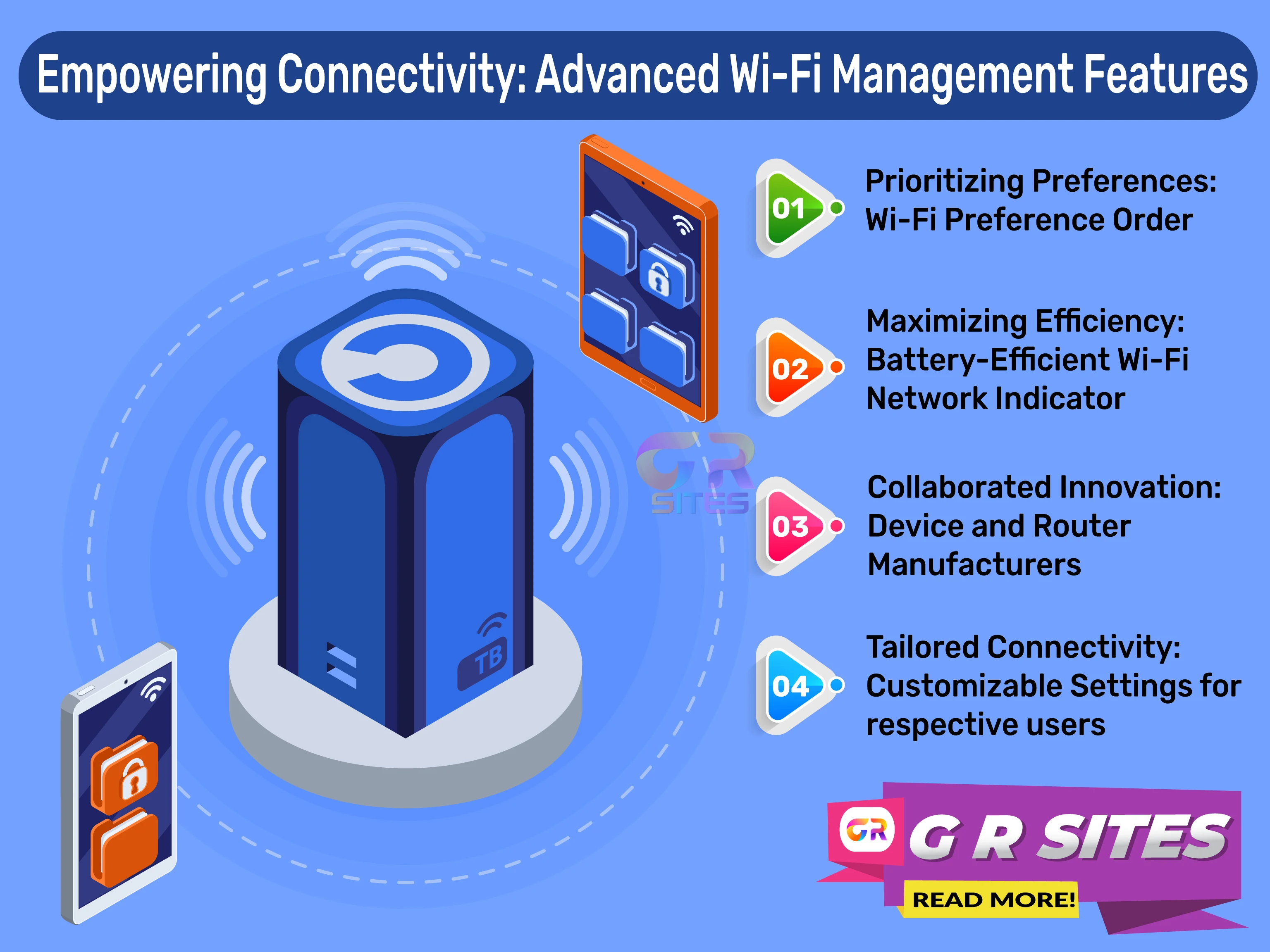Ever made a mistake and hoped customer support would fix it—only to discover that you're screaming into the void? That’s exactly what happened when I mistakenly recharged my Airtel number with the wrong plan. What should've been a simple issue to resolve turned into a Kafkaesque spiral through bots, automated emails, and hollow promises.
This isn't just one story—it's a case study in how one of India's telecom giants treats its paying customers like disposable data points. And while Airtel continues to flaunt ads about their “fastest network,” the real speed we should be talking about is how fast they shift responsibility and dodge customer grievances.
Let’s break this down.
The Recharge That Sparked a Storm
Mistakes happen. And in a digital age where everything’s just a tap away, even a misstep on a recharge shouldn’t be the end of the world. But when I accidentally recharged my Airtel number with a ₹489 plan—while another plan was still active—the nightmare began.
- No Grace for Human Error: Within minutes, I tried correcting the mistake. But Airtel’s system had already credited the benefits, and there was no rollback feature. For a company that handles millions of transactions, is it too much to ask for a “Cancel Recharge” option within 5–10 minutes?
- Blame the Customer, Not the System: Instead of owning up to a flawed user experience, Airtel’s stance was simple: “Benefits credited, issue closed.” That’s like your bank refusing to reverse a mistaken transfer just because it cleared instantly.
- Where’s the Fine Print? There’s no warning that your new plan will override the existing one or that overlapping benefits can't be paused or merged. It’s like buying two train tickets and being told, “You already boarded the first train, so the second is wasted.”
- Zero Refund Policy = Zero Empathy: Airtel’s policies reflect not a customer-first mindset, but a revenue-first one. And that’s a major red flag for a service industry. There’s no consideration for loyalty, no review mechanism, and no actual customer care—just dead-end bots and pre-scripted templates.
Now here’s where things go from mildly irritating to full-blown ridiculous. Airtel, in all its tech-savvy glory, recommends resolving issues through the Airtel Thanks App—a misnomer if there ever was one.
- Bots with Broken Logic: The app’s support section leads you straight into a chatbot purgatory. Pre-defined options with zero room for context. Want to explain your issue? Tough luck. The bot’s too busy looping you back to irrelevant FAQs.
- The Illusion of Support: I eventually managed to raise a complaint—but got nothing more than a reference number and another robotic response. No human review, no ticket escalation, no tracking. It felt more like tossing a bottle into the ocean than filing a customer support request.
- The Appellate Circus: When I reached out to [email protected] and [email protected]—officially listed escalation points—I got an even more insulting response: “Raise the issue via the app.” Gee, thanks. Didn’t see that coming.
- Paid Customer Care Calls? Seriously? Needing a human touch, I dialed their support number. Surprise! Talking to a human now costs ₹0.50/minute. And after burning money for basic service, I was told it’d take 10 days to review. Ten. Days. For a digital mistake that took less than 60 seconds.
If you're wondering, "Where does the buck stop?"—you’re not alone. India has a regulatory body, the Telecom Regulatory Authority of India (TRAI), supposedly to protect consumer rights. Yet, they seem missing in action.
- No Standardized Resolution Framework: Despite being a multi-billion-dollar industry, there’s no structured mechanism for real-time resolution or grievance redressal for telecom users. It’s as if customer pain points were never part of the business model.
- TRAI’s Guidelines? Just for Show: Sure, there are regulations on paper. But without enforcement, they’re just decorative. No mandated refund policies. No penalties for non-resolution. No accountability timelines. It’s like having a traffic light no one’s obligated to follow.
- Airtel Isn’t Alone—It’s Industry-Wide: While Airtel takes the spotlight here, similar horror stories echo across Jio, Vi, and BSNL. It’s systemic apathy dressed in shiny app interfaces. When automation is weaponized against the very users it’s supposed to serve, what we have isn’t innovation—it’s exploitation.
- Consumers Left to Fend for Themselves: Social media, review platforms, Reddit—these have become the new-age grievance boards because official support has failed. When your only recourse is to tweet angrily for attention, we’ve officially entered dystopia.
My final thoughts: When “Thanks” Means Nothing
Let’s be real. Telecom isn’t a luxury—it’s a lifeline. And for a company as big as Airtel, offering second-rate support while charging a premium is unacceptable.
This experience isn’t just a personal gripe—it’s a wake-up call. Until customers start pushing back—filing formal complaints with TRAI, raising awareness online, and demanding change—telecom giants will continue treating users like numbers, not people.





